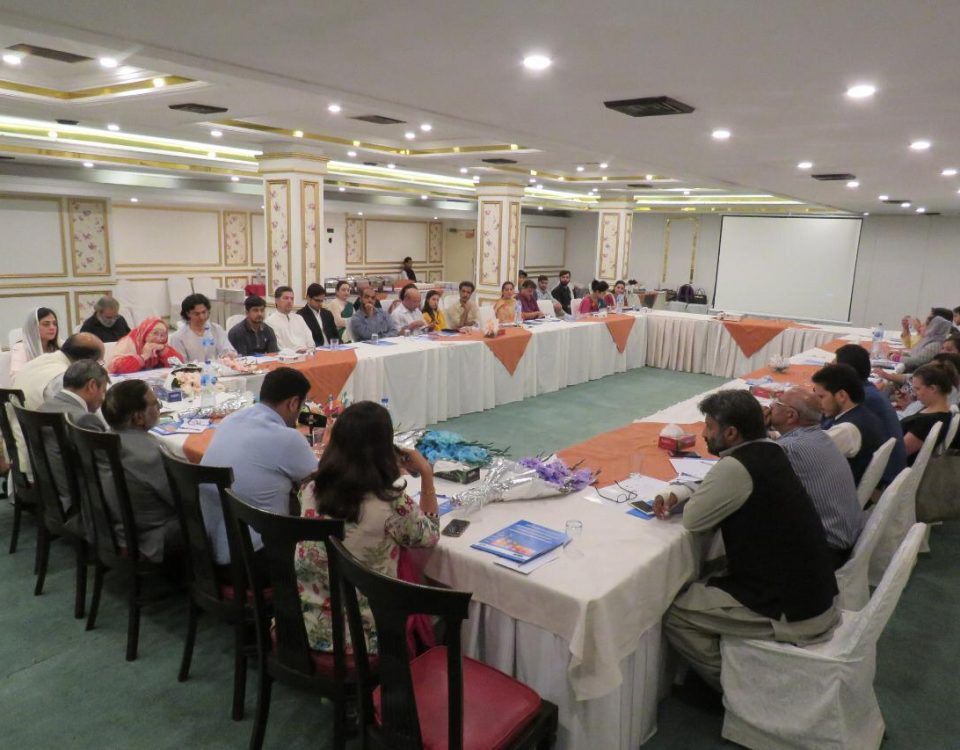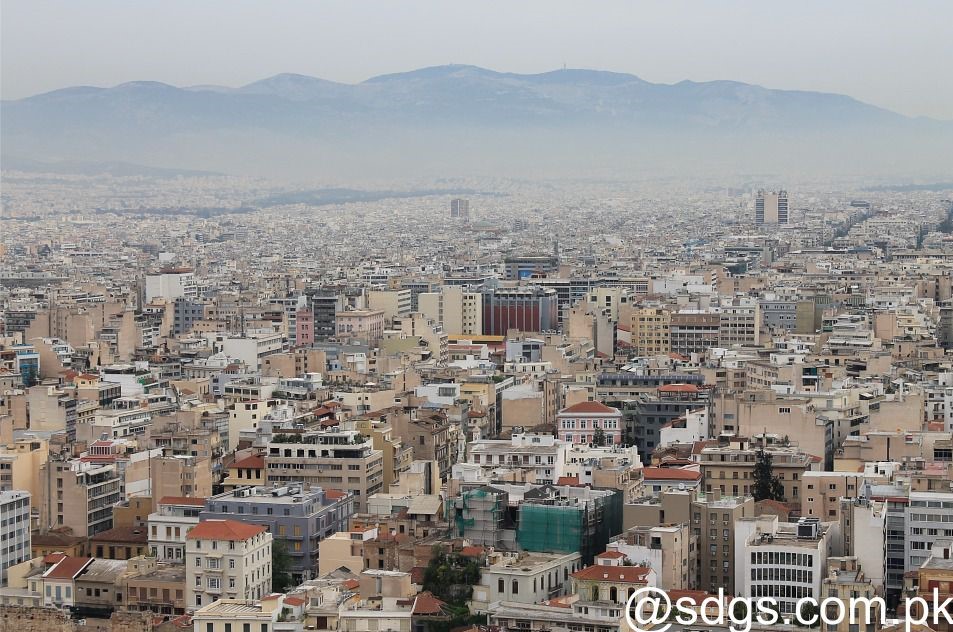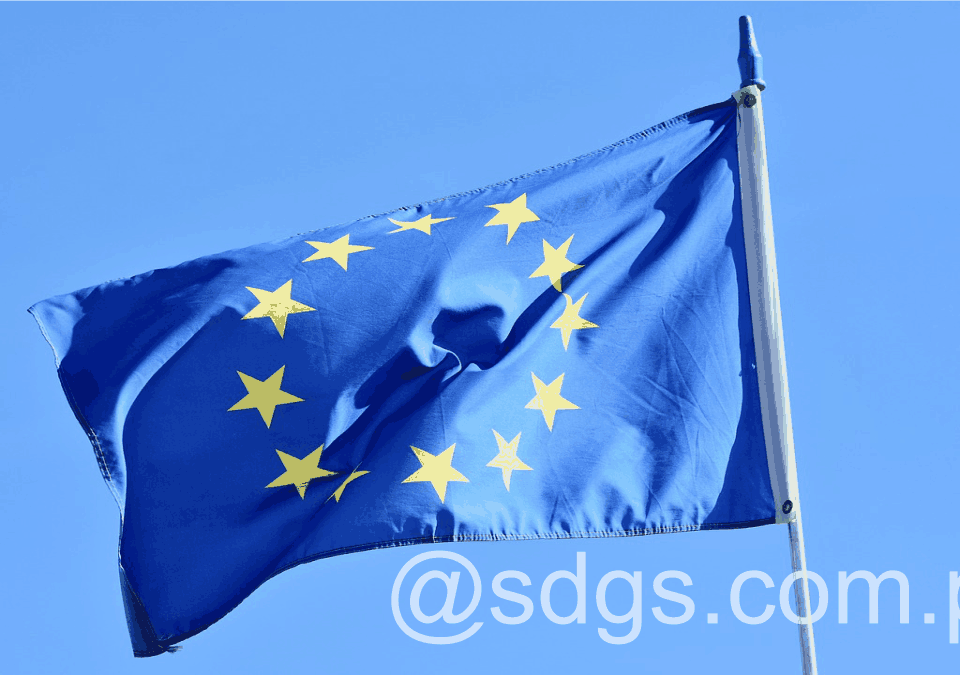
Cooperation as a Driver for Climate Action
May 30, 2019
Guterres declares calling on investment for a harmonious future
May 30, 2019Participants in the Fourth World Conference on Reconstruction (WRC4) agreed on a joint statement affirming their commitment to ensuring inclusive recovery processes and concluding that inclusion offers “a better path towards resilient recovery for all “. The conference focused on the theme “Inclusion for a resilient recovery”, with the aim of advancing the implementation of the Sendai Framework for Disaster Risk Reduction (DRR) 2015-2030.
The United Nations Development Program (UNDP), the World Bank Disaster Reduction and Recovery Mechanism (GFDRR) and the European Commission (EC) organized the conference, organized by the United Nations Office for Disaster Risk Reduction (UNDRR). More than 1,000 participants attended the conference from 13 to 14 May in Geneva, Switzerland. The conference was held in parallel with the sixth session of the Global Platform for Disaster Risk Reduction (GP2019).
The Conference focused on leaving no one behind in disaster recovery efforts. Participants recognized that inclusion ensures the full and meaningful participation and leadership of all groups and individuals in the pre- and post-disaster phases, and that an inclusive approach promotes social cohesion and strengthens the resilience of disaster-prone communities. . leave no one behind in building disaster resilience and post-disaster recovery and promoting inclusion. Participants also shared innovative approaches and tools to increase the participation of the most vulnerable and promote inclusive recovery efforts.
In the “Joint Communiqué on Inclusion for Resilient Recovery,” participants affirm their commitment to supporting marginalized groups vulnerable to the impacts of natural disasters, noting that poor and marginalized people are particularly vulnerable to adverse natural events. Participants commit to promoting more inclusive recovery to protect the rights and opportunities to ensure that poor and marginalized groups are not left behind and are not negatively affected by recovery efforts. They are committed to putting people at the center of recovery processes and ensuring that they play a role in assessments, planning, policy development, implementation and monitoring of recovery.
Participants commit to adopting and promoting more inclusive approaches to recovery to improve community resilience by putting vulnerable people at the center of all decision-making. Participants recognize the potential of traditionally marginalized groups, such as women, indigenous peoples and local communities, to contribute to disaster recovery and resilience building. They are committed to building infrastructure and facilities accessible to people with disabilities.
Participants further commit to a more resilient future for all by delivering on the commitments made in the 2030 Agenda for Sustainable Development, the Sendai Framework, the Paris Agreement on Climate Change, and the Millennium Development Goals. other relevant agreements. They declare that acting in accordance with these commitments will mean “taking explicit measures to end extreme poverty, promote shared prosperity, reduce inequalities, combat discrimination and accelerate progress for the poor”. Participants commit to sharing innovative approaches, tools and methodologies for integration. social inclusion in recovery and reconstruction processes.
In the press release, participants commit to changing their behavior and actions to further integrate planning, implementation and monitoring of recovery. They pledge to advocate and assist local and national governments to include vulnerable groups, place community participation at the center of recovery efforts, and work with community-based organizations to strengthen participation in monitoring recovery. They also pledge to support the role of civil society by helping to empower those who design and implement stimulus programs and to promote the participation of the private sector, academia and international partners.
Source: SDG Knowledge Hub.




